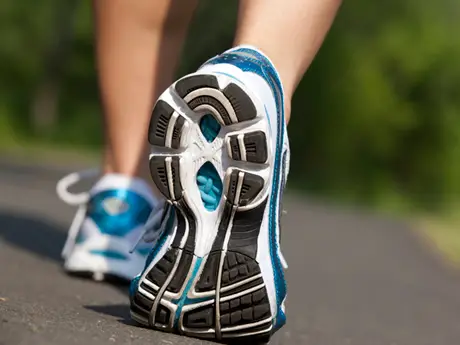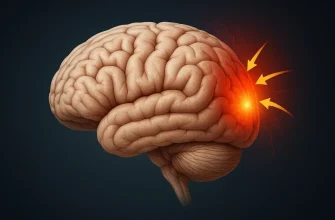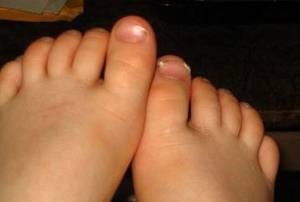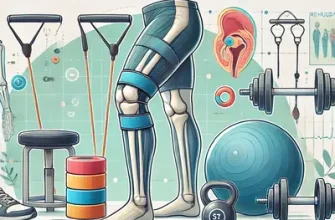Walking is a fundamental activity that most of us perform daily without much thought. However, there comes a time when what was once a stroll in the park becomes a laborious task. Perhps you’ve noticed that your legs feel heavy and fatigued, turning a simple walk into a challenging ordeal. If you’re nodding along, recognizing this struggle in your daily life, it’s time to explore the possible culprits and solutions to this common yet often overlooked problem.
Understanding Leg Heaviness
Before we dive into the causes, it’s vital to understand what we mean by “leg heaviness.” It’s a sensation of extra weight in your limbs that makes walking a strenuous activity. It can strike out of nowhere or gradually build up, often stopping people in their tracks.
When Exercise Isn’t to Blame
Many jump to the conclusion that leg heaviness must be due to an intense workout. However, if you haven’t been hitting the gym or challenging your leg muscles significantly, we must look beyond physical exertion to explain this fatigue.
The Vascular System’s Role
Poor circulation is a common theme when discussing heavy legs. When blood doesn’t flow well, usually due to venous insufficiency, the extremities don’t receive enough oxygen and nutrients. This condition is a leading cause of leg heaviness, especially noticeable when walking.
Varicose Veins: More Than Just Cosmetic
Tying into poor circulation, varicose veins can both signal and contribute to venous problems. These bulging veins are not just cosmetic issues but can also cause aching and heaviness that worsens with prolonged standing or walking.
Could Medication Be the Culprit?
It’s wise to review any medication you’re taking. Some drugs, particularly those for blood pressure or depression, can have side effects impacting muscle strength and stamina, manifesting as heavy legs.
Neurological Conditions to Consider
Neurological conditions such as multiple sclerosis or peripheral neuropathy can interrupt the signals between your brain and your muscles. This miscommunication might present as a dragging feeling in the legs that is hard to shake off.
Electrolyte Imbalance: A Hidden Factor
Our bodies need a balanced cocktail of electrolytes to function correctly. If levels of potassium, calcium, or magnesium dip, one of the first signs can be muscle weakness or heaviness.
The Thyroid Connection
Both hyperthyroidism and hypothyroidism can contribute to muscle fatigue and perceived heaviness in the legs. If you suspect a thyroid issue, a simple blood test can help diagnose the problem.
When Weight is Weighing You Down
Excess weight undoubtedly puts more strain on your leg muscles, which can cause a heavy feeling when moving. Obesity can lead to poor circulation and added pressure on leg veins, compounding the sensation of leg fatigue.
The Impact of Lifestyle Choices
Let’s not overlook lifestyle factors such as sedentary habits or poor diet. Both of these can lead to decreased muscle fitness and energy levels, potentially leading to the sensation of heavy legs.
Tackling Leg Heaviness with Lifestyle Modifications
The beauty of the human body is its responsiveness to positive changes. Incorporating regular, low-impact exercise like swimming or cycling can bolster circulation and muscle strength. When done consistently, these activities can alleviate leg heaviness.
Dietary Decisions for Healthier Legs
A nutrient-rich diet is a cornerstone of good health and robust leg muscles. Ensure you consume enough iron, vitamins, and minerals to bolster your legs for the wear and tear of walking.
The Role of Hydration
Finally, hydration is key. Dehydrated muscles are unhappy muscles, so aim for at least 8 glasses of water per day to keep leg heaviness at bay.
Heavy Legs No More: A Conclusion
When your legs feel heavy and tired, it’s a signal that should not be ignored. This article has walked you through possible explanations – from vascular issues and medication side effects to thyroid conditions and lifestyle choices. By now, you understand the multifaceted nature of this problem and the multiple points where you can intervene.









